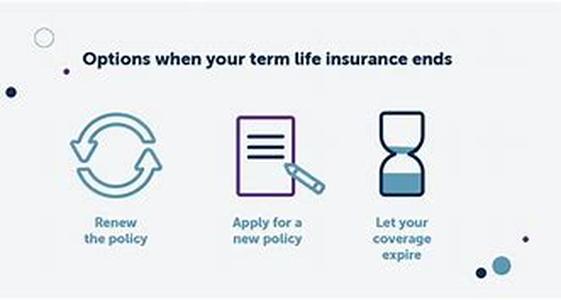
Be Leery If You Are Tempted To Contact A Credit-repair Company. The Federal Trade Commission And Several Attorneys General Have Sued Credit-repair Companies For Falsely Promising To Remove Bad Information From Credit Reports. Here Are Tips To Follow:Contact The Attorney General's Consumer Protection Hotline At 800-392-8222 To Check For Complaints Made Against A Company. Avoid Companies That Tell You Truthful Information Can Be Changed Or Erased To Improve Your Credit Or That Only The Credit-repair Company Can Remove Old Or Inaccurate Information. These Claims Are False. Be Wary If You Are Asked For A Large Sum Of Money Before The Credit-repair Company Completes The Job. A Money-back Guarantee Will Not Protect You From A Disreputable Company.Avoid New Credit IdentitiesIf You Have Filed For Bankruptcy, You May Be The Target Of A Credit-repair Scheme, Often Called File Segregation. Here, You Are Promised A Chance To Hide Unfavorable Credit Information By Establishing A New Credit Identity.However, There Is A Problem: File Segregation Is Illegal. If You Use It, You Could Face Fines Or Imprisonment.Other ScamsConsumers Looking For An Easy Fix Often Are Targets Of Other Credit-related Scams:Credit By Phone: Pay-per-call Or 900-number Services Have Become A Popular Vehicle For Credit Scams. Advertisements Promise That Guaranteed Credit Or Cash Loans Are Only A Phone Call Away. Instead, The Caller Might Only Receive A List Of Banks Offering Low-interest Credit Cards Or A Booklet On How To Establish Credit And A Phone Charge Of 50 Or More. Consumers Rarely End Up Getting Credit. Gold Or Platinum Cards: Beware Of Promotions For Gold Or Platinum Cards That Promise To Get You Credit And Build Your Rating. Although They May Sound Like All-purpose Credit Cards, Some Cards Only Permit You To Buy Merchandise From Special Catalogs And Will Not Help You Obtain Other Credit. You Also Might Be Asked To Call A 900 Or 976 Exchange Number For More Information. These Phone Charges Add Up Quickly. Checking-account Scam: This Scam, Which Tricks You Into Disclosing Your Checking-account Number, Typically Begins With A Postcard Advertising Easy Credit Approval Or Low-interest Credit Card Rates. When You Call, You Are Asked For Your Checking-account Number As Verification. Your Number Then Can Be Magnetically Encoded On A Draft, Which Is Forwarded To Your Unsuspecting Bank For Payment From Your Account.If You Suspect A Credit-repair Scam, File A Consumer Complaint With The Attorney General's Office Online Or By Calling The Consumer Protection Hotline At 1-800-392-8222.(Never Give Out Your Bank Account Or Credit-card Number Unless You Know The Company Is Reputable.)





